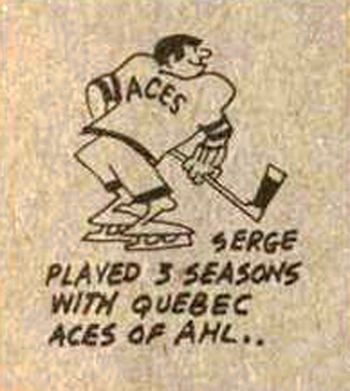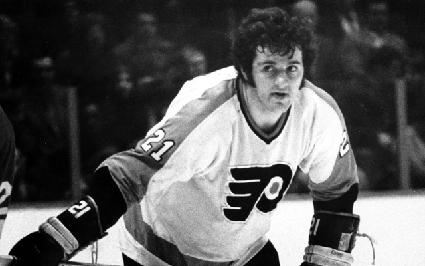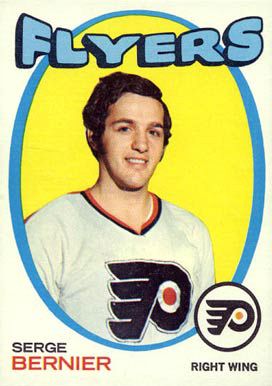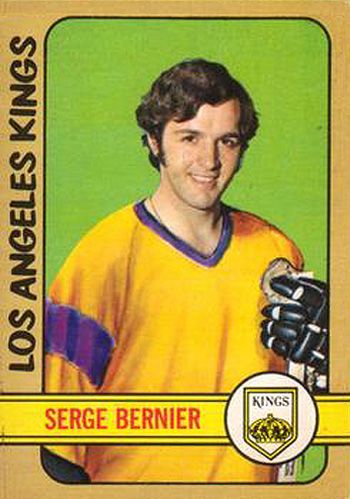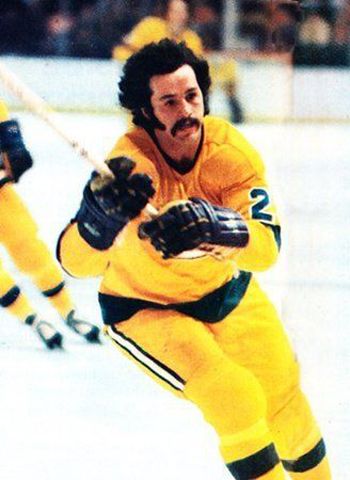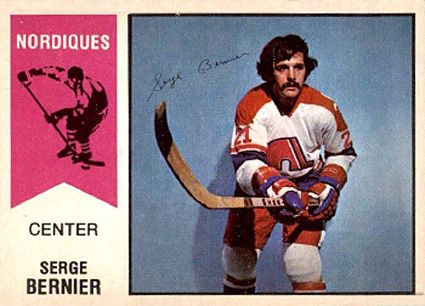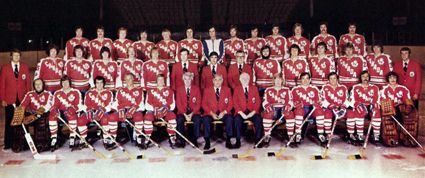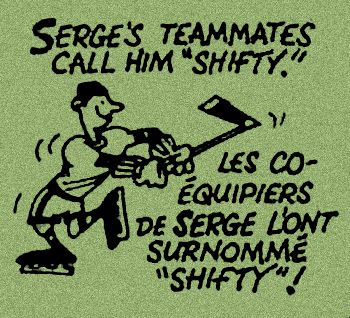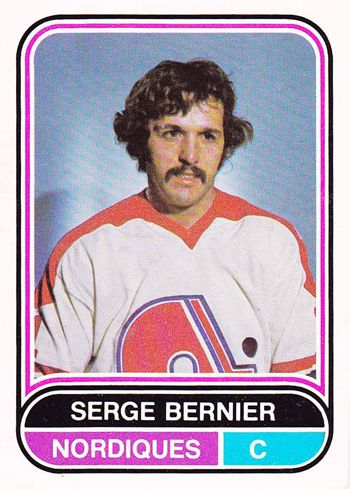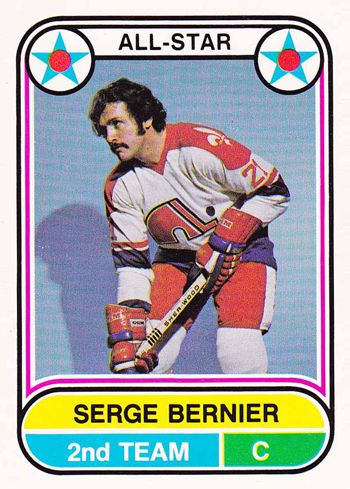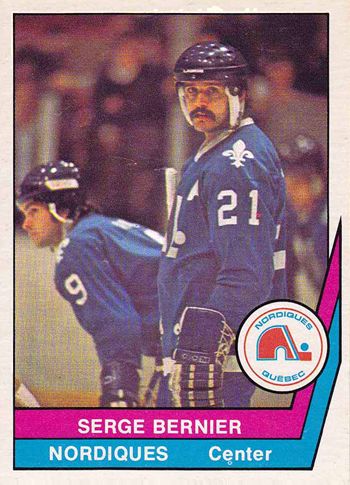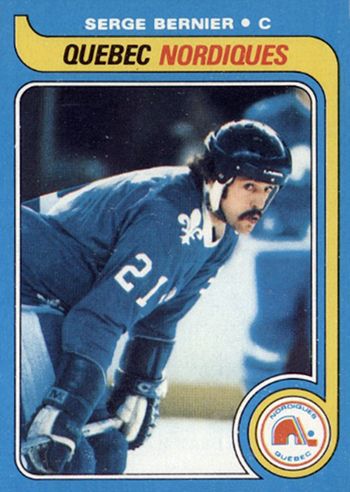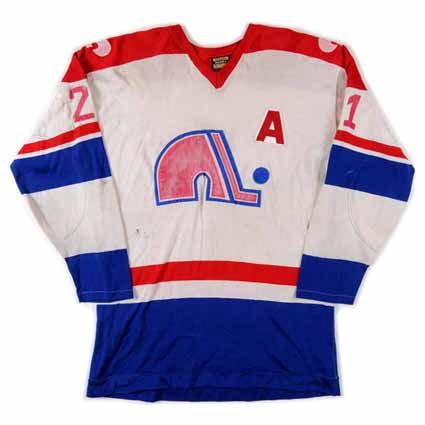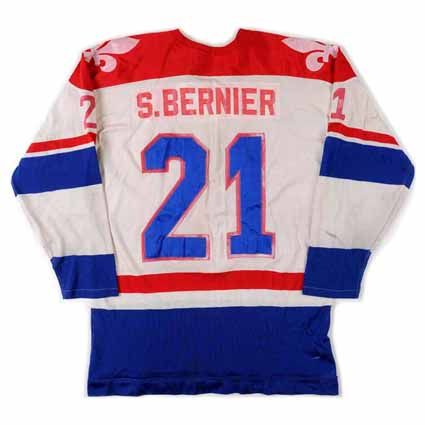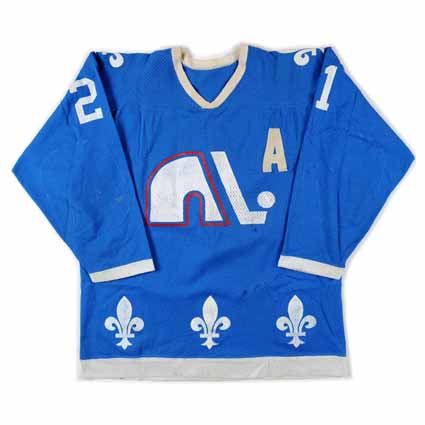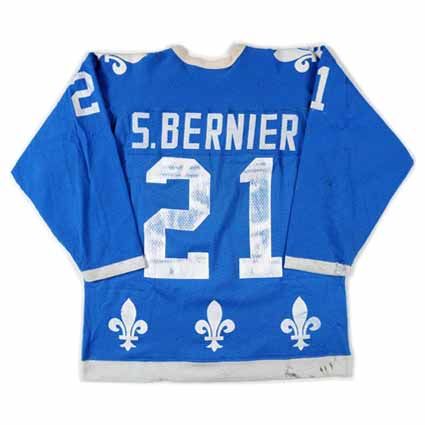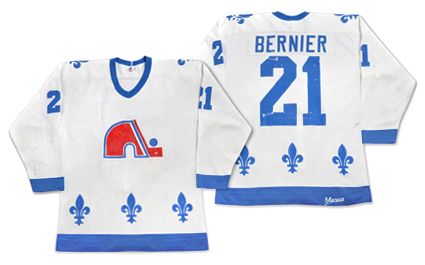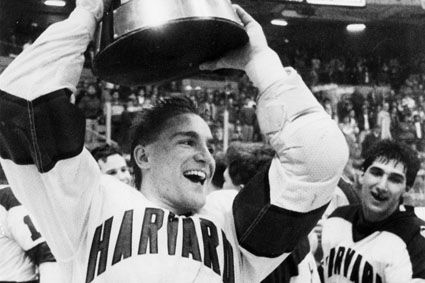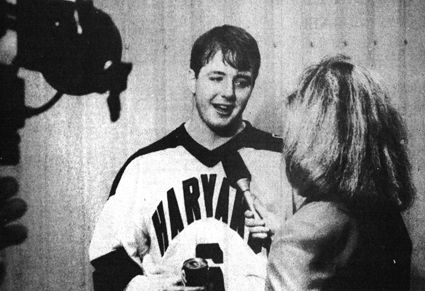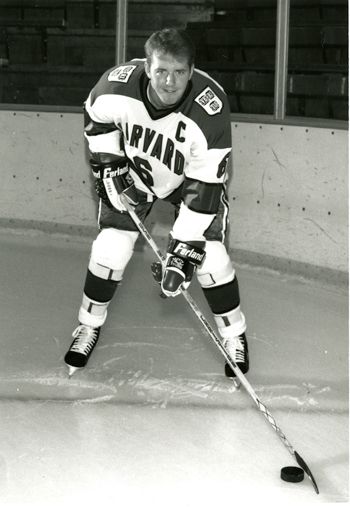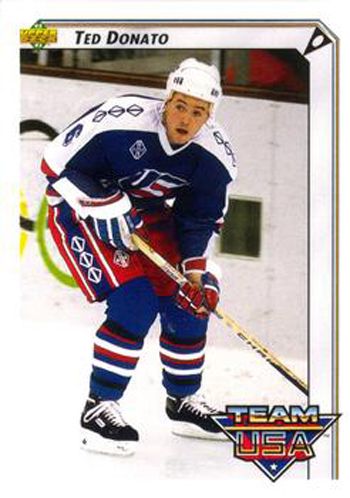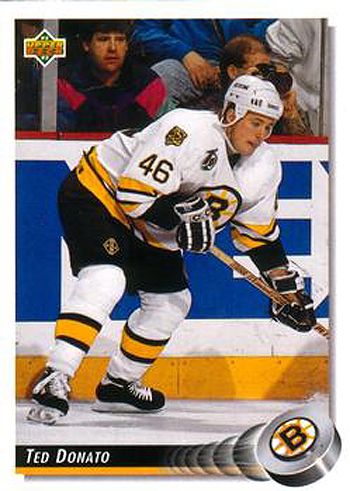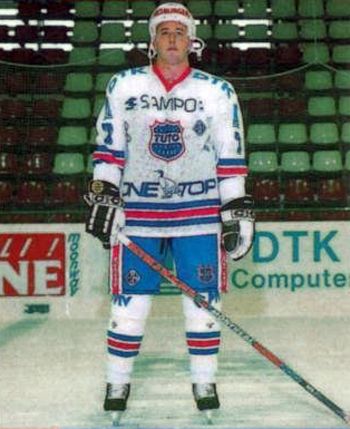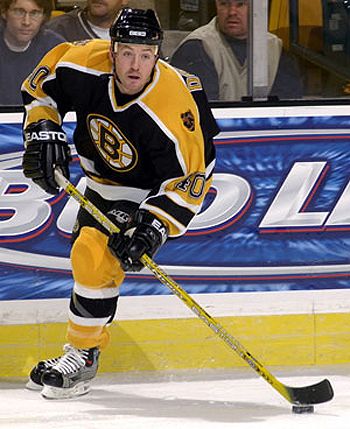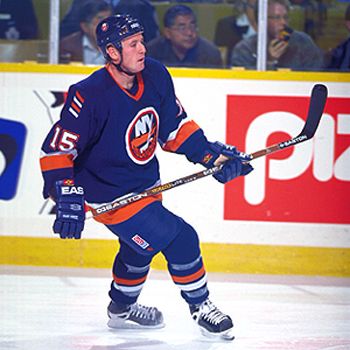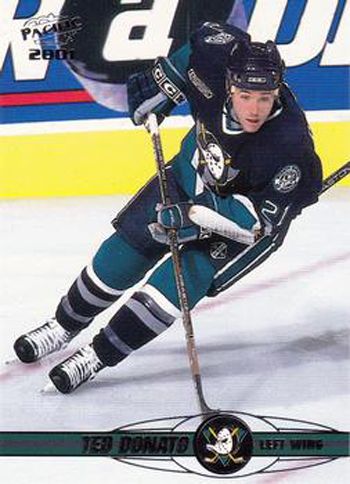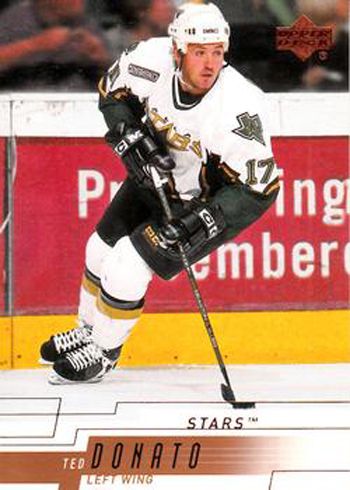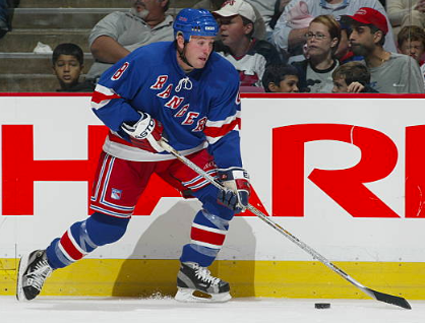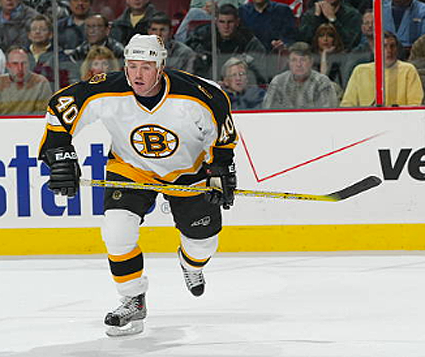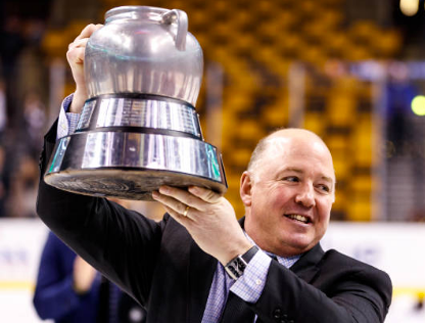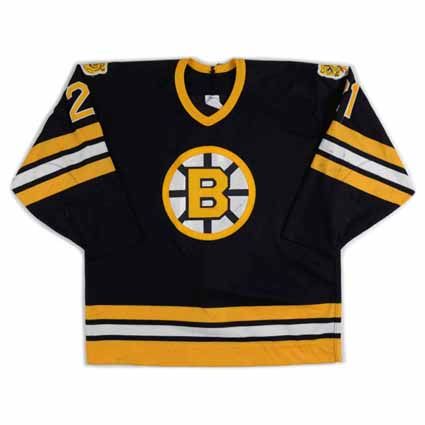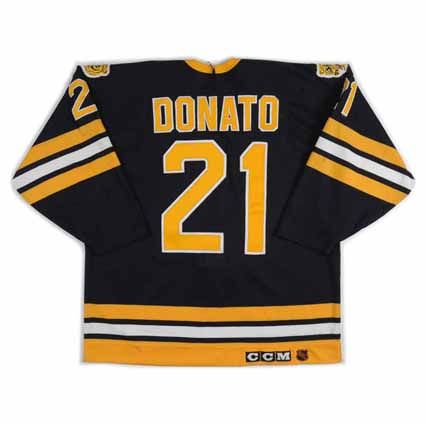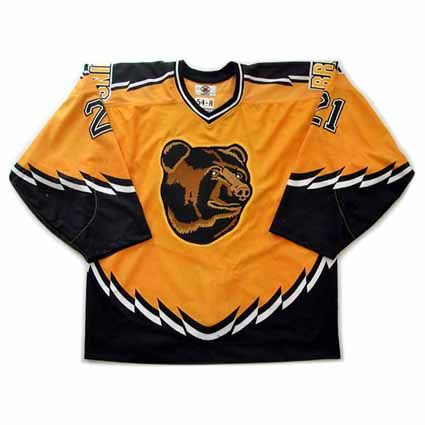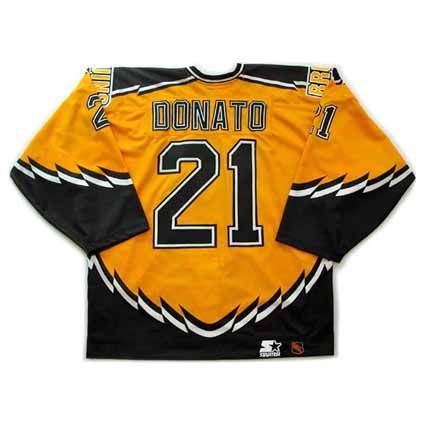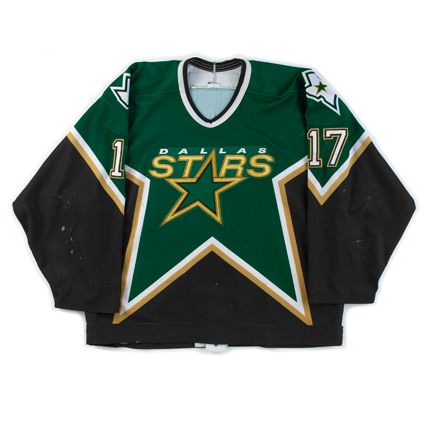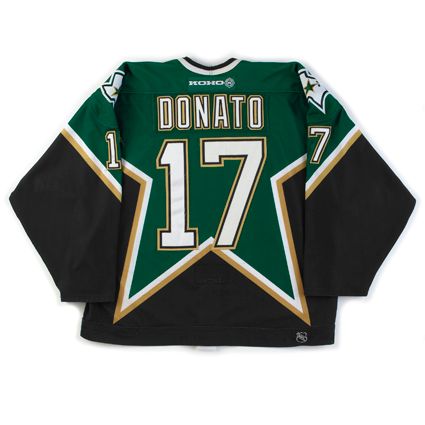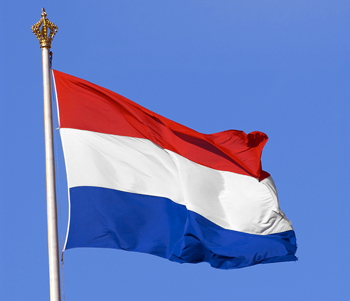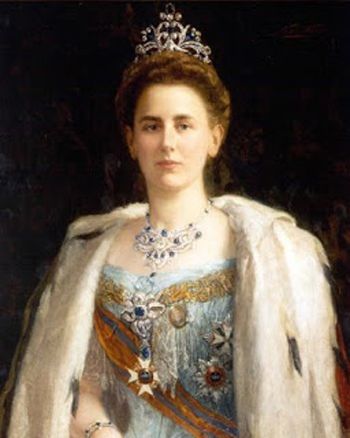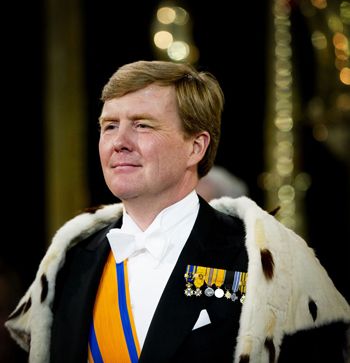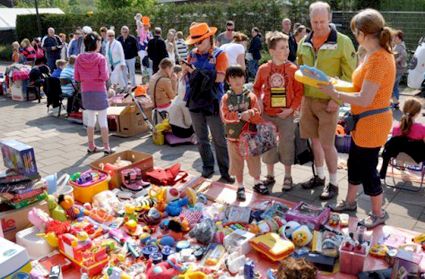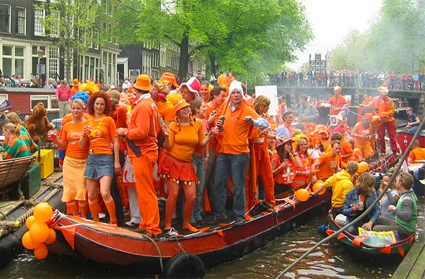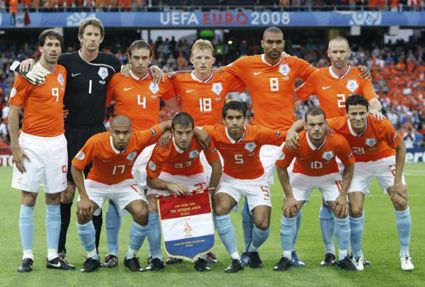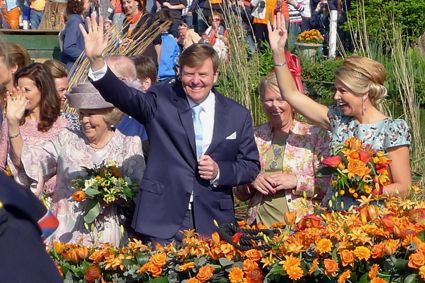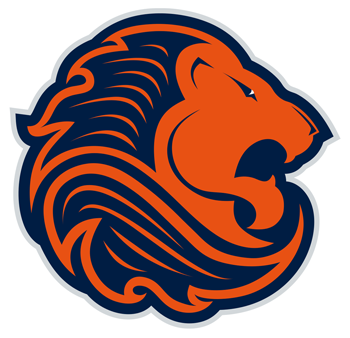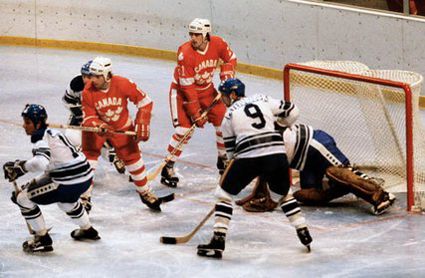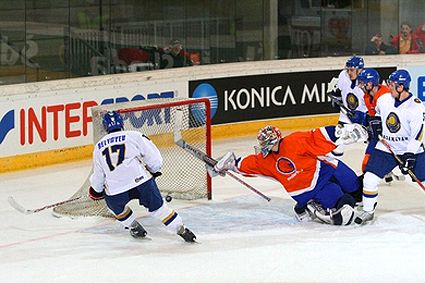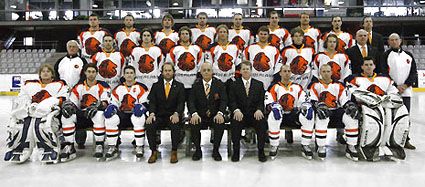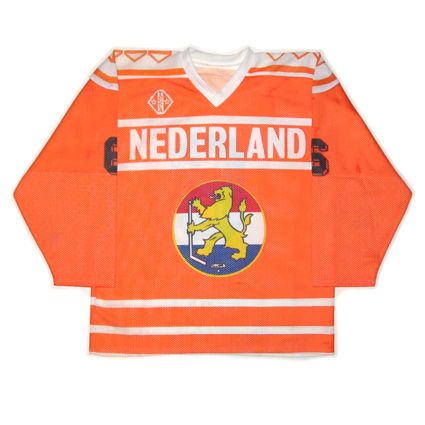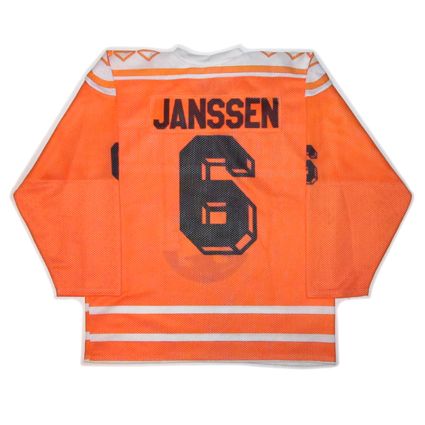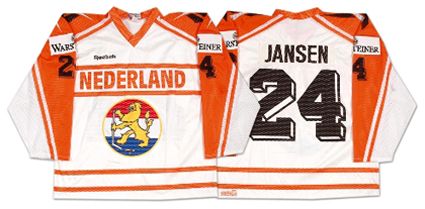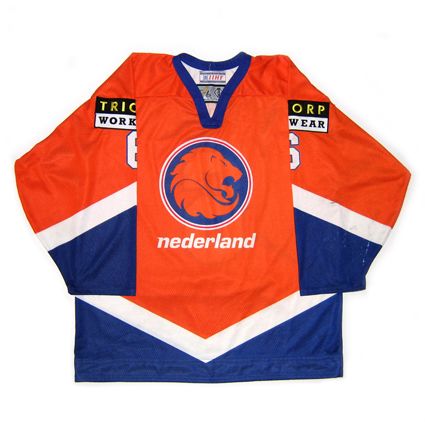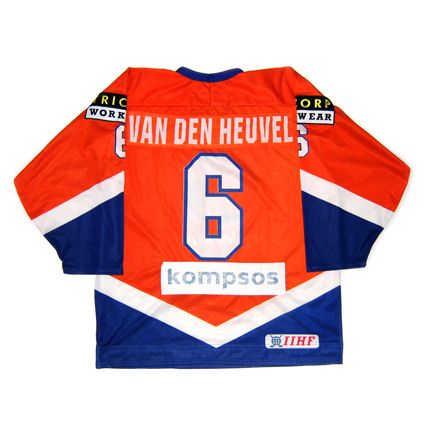Bernier was then selected fifth overall by the Philadelphia Flyers in the 1967 NHL Amateur Draft and the only one taken in the first round to ever reach the NHL and the first draft pick ever by the Flyers franchise.
Before reaching the NHL, he would play the entire 1967-68 season with the Quebec Aces of the American Hockey League. Limited to 33 games, he scored 7 times. He was back with Quebec for the 1968-69 season, this time playing in 70 games, scoring 27 goals and 59 points, good for second on the Aces, who would make it all the way to the Calder Cup Finals that season.
Of note, Bernier did make his NHL debut that season with a lone game for Philadelphia on February 27, 1969, recording 2 penalty minutes in the boxscore.
1969-70 was another learning year in the minors for Bernier, again playing in 70 games with an increase in overall production. Although his goals dipped to 22, he playmaking increased, with his assists increasing 50% from 32 to 48. All told, he averaged a point per game with 70 total points, up from 59. He again appeared in a single game for the Flyers, this time earning his first NHL point with an assist.
He made the Flyers roster during training camp for the 1970-71 season, and had a fine rookie season with 23 goals and 51 points in 77 games while playing with Jim Johnson and Bill Lesuk.
In 1971-72, Bernier appeared in 44 games for the Flyers, scoring 12 goals and 23 points in 44 games, but was then sent to the Los Angeles Kings in a seven player deal in late January, which involved sending the entire Bernier-Johnson-Lesuk line to the Kings intact! In 26 games for Los Angeles, he added another 11 goals and 11 assists, which allowed him to equal his 23 goals from the previous season.
Playing a full season with the Kings in 1972-73, Bernier set a new personal best with 68 points from 22 goals and 46 assists.
1972-73 was the season that the hockey world saw an upheaval, as the rival World Hockey Association began play. Bernier was originally selected by the short lived Ottawa Nationals, who had subsequently traded his rights to the Quebec Nordiques, who came calling with a contract offer to return Bernier to his native Quebec for the 1973-74 season.
The wide open play of the WHA suited Bernier's style of play. Bernier immediately responded to his new environs with 37 goals and 86 points in 74 games to lead the Nordiques in scoring as well as having their second-most penalty minutes with 107.
Bernier was chosen as one of the WHA stars to participate in the 1974 Summit Series, as the team representing Canada took on the Soviet National Team in an eight game series in an attempt to recapture the magic of the 1972 edition of the Summit Series. In eight games, he contributed a goal and 2 assists.
The arrival of his offensively gifted (and French speaking) linemates Marc Tardif, from the ashes of the defunct Michigan Stags/Baltimore Blades franchise, and rookie Real Cloutier for the 1974-75 campaign elevated Bernier's game to another level, as he had 54 goals and 68 assists for a team leading 122 points, 30 more than Rejean Houle and good for third overall in the WHA, behind only Andre Lacroix and Bobby Hull. Many of his goals came from parking his sizable 6' 1", 190 pound frame in front of the opposition goal and creating havoc and knocking in rebounds.
The Nordiques finished that season with the second best record in the league and made it to the Avco Cup Finals that season.
Tardif (71) and Cloutier (60) took over the goal scoring duties in 1975-76 as Bernier contributed 34 of his own on his way to 102 points.
Bernier's goal scoring increased once again in 1976-77, this time to 43 along with 53 assists for 96 points. During the playoffs, Bernier raised his game to the stratosphere, scoring 14 goals and 22 assists for 36 points in 17 games (more than a 2 point per game average) as the Nordiques defeated the New England Whalers and the Indianapolis Racers in five games each before a seven game series with the Winnipeg Jets that ended with a celebratory 8-2 win at home to capture the Avco Cup as WHA champions with Bernier having a goal and two assists that night. After such a stellar performance, there was little doubt that Bernier would be named the WHA Playoff MVP.
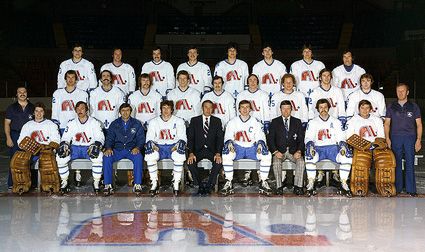
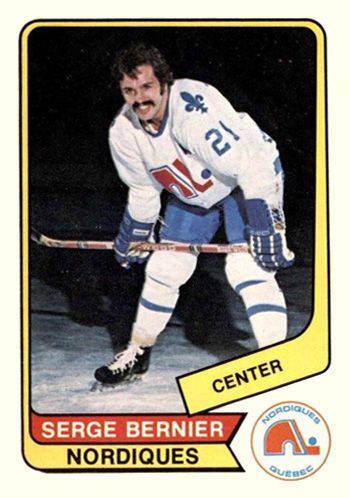
Bernier was the WHA playoff MVP in 1977
The trio repeated that feat of finishing 1-2-3 in team scoring in 1978-79, only with Cloutier leading Tardif and Bernier, who had 36 goals and 82 points. Bernier once again played in the WHA All-Star Game for the sixth consecutive season, having appeared in it every year he was in the WHA.
1978-79 would prove to be the final one for the WHA, and four of the remaining six teams would be allowed into the NHL as expansion teams under some highly punitive conditions, as many in the NHL had hard feelings over the bitter battle the two leagues waged for seven seasons, which saw player salaries escalate tremendously.
The WHA teams were required to relinquish any players on their roster to their NHL rights holders, with the exception of two goalies and two skaters. Bernier, whose nickname was "Le Gros Toutou" - The Big Teddy Bear, was not reclaimed an NHL club and remained with the Nordiques.
Bernier's return to the NHL was less than spectacular however, as he only saw action in 32 games in 1979-80, with 8 goals and 22 points and another 46 in 1980-81 with only 2 goals and 10 points before he retired.
His final combined totals between the NHL and WHA were 719 games played with 308 goals and 555 assists for 763 points. He had an additional 28 goals and 74 points in 49 WHA playoff games, winning an Avco Cup championship and playoff MVP award in 1977.
In 2010, he was one of the initial group of players inducted into the WHA Hall of Fame.
Today's featured jersey is a 1974-75 Quebec Nordiques Serge Bernier jersey as worn during the finest offensive season of his career when he had 54 goals and 122 points to lead the Nordiques in scoring.
The Nordiques began in the WHA for their inaugural 1972-73 season wearing white home jerseys with a wide red waist stripe, red numbers and red shoulders with a lace up collar. A shade of powder blue was used for the widest stripe on the arm and a trim stripe under the shoulders, both front and back, separated from the shoulder by a white space. The road jerseys were powder blue with the same red striping and red numbers.
For the 1973-74 season, the heavy use of red was greatly diminished and the powder blue was changed to a much darker blue, which also became the new color for the numbers and now the main waist stripe color as well as being added to the cuffs of the sleeves while remaining the main arm stripe. The collar became a v-neck as well. Even more blue was to be found on the contrasting color nameplates, which was blue with white letters on the home white jersey.
The jerseys evolved again for 1974-75 when the fleur-de-lis appeared on the jerseys for the first time as the secondary shoulder logos. The striping on the jerseys remained the same but the names on the back became the conventional white on the white jerseys with red lettering and blue on the blue jerseys after the contrasting colors the year before. This would be the second and last year for this particular style.
Bonus jersey: Today's bonus jersey is a 1976-77 Quebec Nordiques Serge Bernier jersey as worn during the season the Nordiques won the Avco Cup as WHA champions.
For the Nordiques fourth season of 1975-76, the team debuted what would become their signature look for the remainder of their existence, which was based on the flag of the province of Quebec.
Six Fleur-de-lis now ringed the waist of the jersey and remained on the shoulders as well. The jerseys were mesh with screen printing, and as seen on the back numbers, did not hold up to wear very well.
Originally paired with red pants for the 1975-76 season, the pants became blue in 1976-77 and the Nordiques look remained the same for their final three seasons in the WHA.
Extra bonus jersey: Today's extra bonus jersey is a 1979-80 Quebec Nordiques Serge Bernier jersey as worn during the season the Nordiques moved to the NHL.
For their move to the NHL, the Nordiques kept the same home and road jerseys for 1979-80, but changed the white crest to red outlined in blue to match that used on the home jerseys from 1980-81 forward.
By now the customizing of the Nordiques jerseys had change from screen printing to heat sealed vinyl numbers. The one color, heat sealed numbers were the last of their kind when they last used in 1990-91 before the club joined the modern age with sewn on twill numbers for the 1991-92 season, which were now two color numbers with the addition of red outlines, their first time with two color numbers since the 1974-75 season, 16 seasons earlier.
If you have some time on your hands today, here is a highly recommended film entitled "Just Another Job" despite Bernier not joining the Nordiques until their second season. The film runs 28 minutes and takes you behind the scenes of the upstart Nordiques and coach Maurice Richard and their first ever game. Richard would only last two games as the Nordiques head coach before realizing the job was not a good fit for him.
Even if you don't have a half hour to spare, we implore you to at least check out the opening theme song, which runs a minute and a half and is not to be missed.

